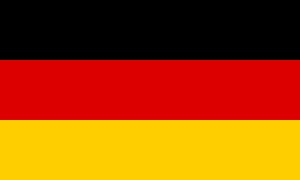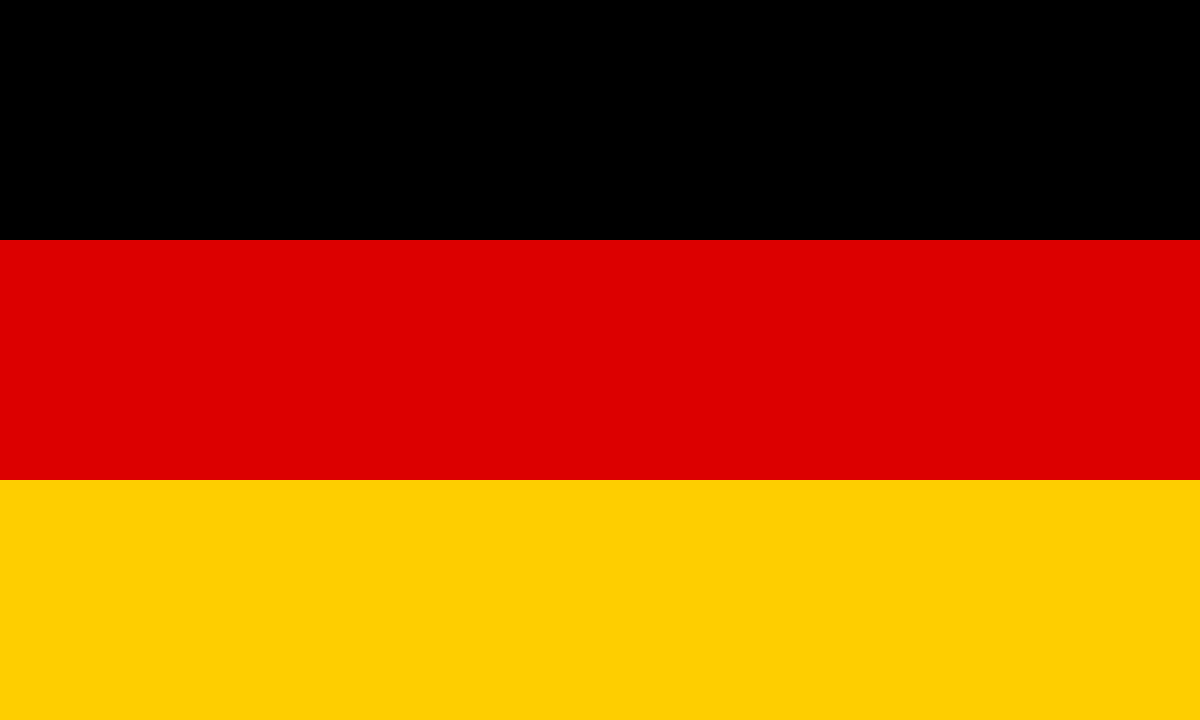
Germany will add about 2 billion euros, or $2.4 billion U.S., to support the country’s quantum computing industry, Reuters is reporting.
The news appears to be related to German Chancellor Angela Merkel’s quantum innovation program, which was announced last year as part of a 130-billion euro stimulus plan that is designed to tackle future challenges and recover from the economic repercussions of the coronavirus pandemic.
Germany’s economy and science ministries report that the funds will be spread out over four years and be used to develop its first quantum computer, along with other technologies.
The science ministry will spend 1.1 billion euros by 2025 to support research and development in quantum computing and the economy ministry will spend 878 million euros backing practical applications, according to the news service.

Science Minister Anja Karliczek said the country’s goal was to meet the target of building a competitive quantum computer in Germany in five years, and to create a network of companies in the field to develop cutting-edge applications.
“Today, we start the mission quantum computer ‘Made in Germany’ – and now we are ready for takeoff,” Karliczek said.
Previously, Merkel said that the funding was aimed at more than just building quantum computers. She said that the plan would be to make Germany a leader in the entire quantum industry.
“Since other countries are pioneers in the field of hardware and software in classic computer technology, it is our goal that Germany should be at the top of the world in terms of economics and technology in key areas of quantum technology, especially quantum computing, quantum communication, quantum sensor technology and quantum cryptography,” Merkel said.
Most of the funds is earmarked for Germany’s Aerospace Center. About 740 million euros will help the center partner with industrial companies, medium-sized enterprises and start-ups to forge two consortia, according to the economy ministry.
“Quantum computing has the potential to revolutionize key industries of our economy,” Economy Minister Peter Altmaier told Reuters. “It’s our goal that Germany will become one of the best players worldwide in the development and practical application of quantum computing.”
The European Commission, the European Union’s executive, will need to approve the funding. In the past, the commission has urged member states to team up and develop the EU’s first quantum computer in five years, as part of efforts to reduce its dependence on non-European technologies.
For more market insights, check out our latest quantum computing news here.
















